Dental Exam, Dental Cheak-up near Brisbane
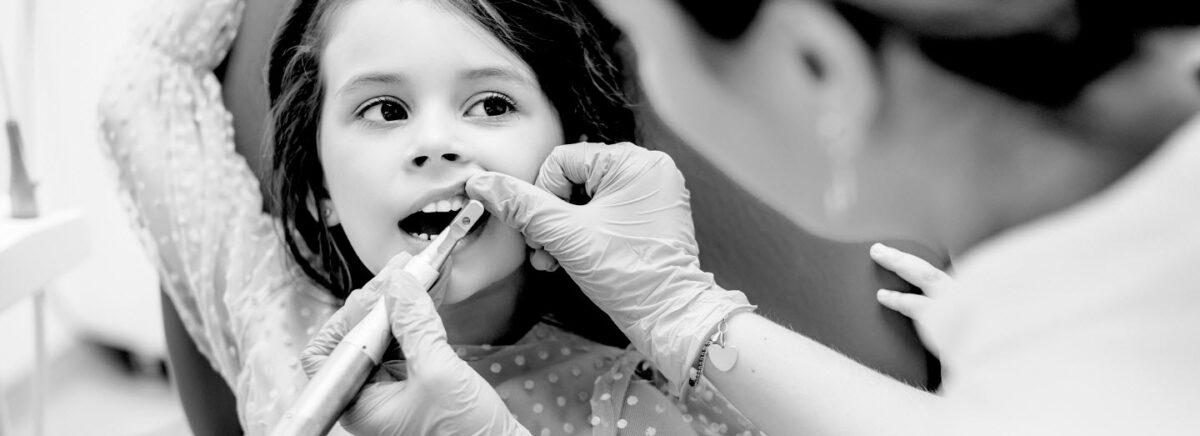
Dental Exam and Clean in Brisbane
A dental checkup, or dental exam at your local Brisbane dentist, is an essential part of preventive oral health maintenance. A checkup and clean typically consist of two main parts: an examination and teeth cleaning. For some patients, tooth cleaning is required for a thorough examination of the surfaces.
During the first part of the dental exam, your dentist, paediatric dentist or dental hygienist will examine the health of your mouth, teeth, and gums to find potential problems such as cavities and gum disease. The second part of your dental checkup will consist of professional teeth cleaning.
A dental exam will also evaluate your risk of developing other oral health problems and check your face, neck, and mouth for any abnormalities. It is important to note that your dental checkup may also include dental X-rays if your dentist deems x-rays necessary.
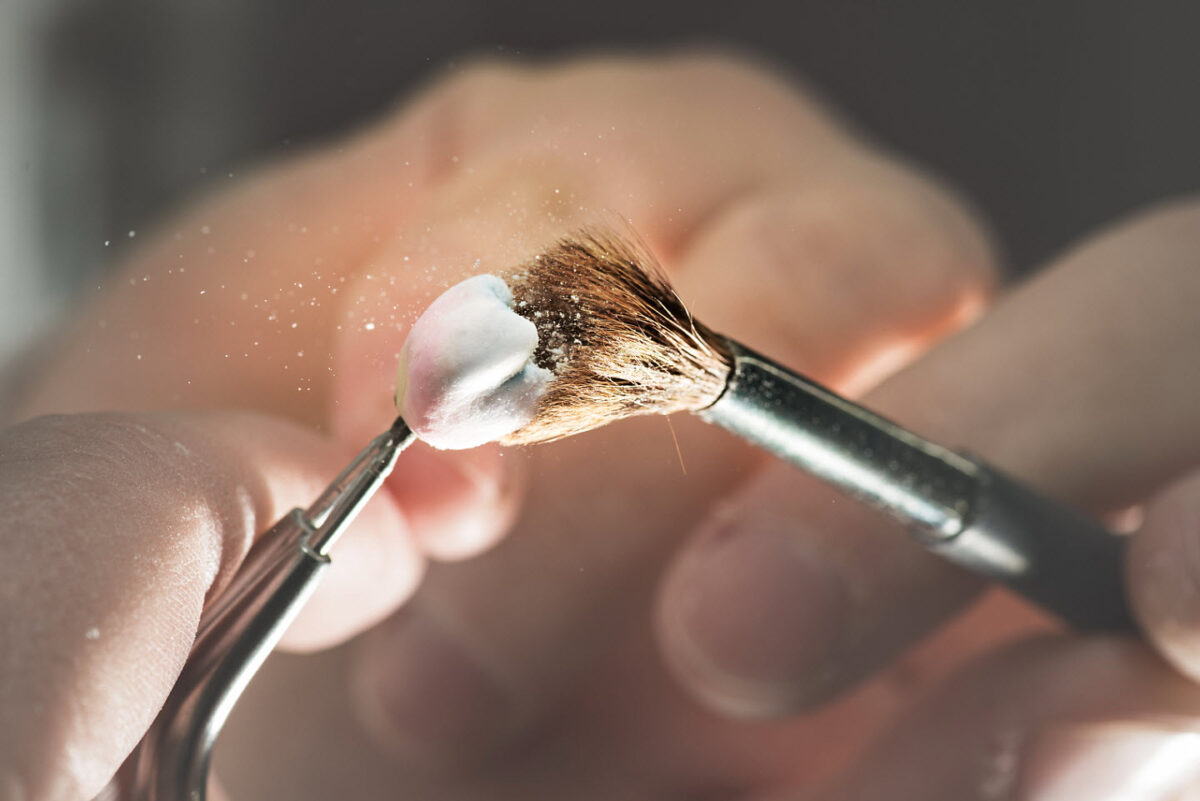
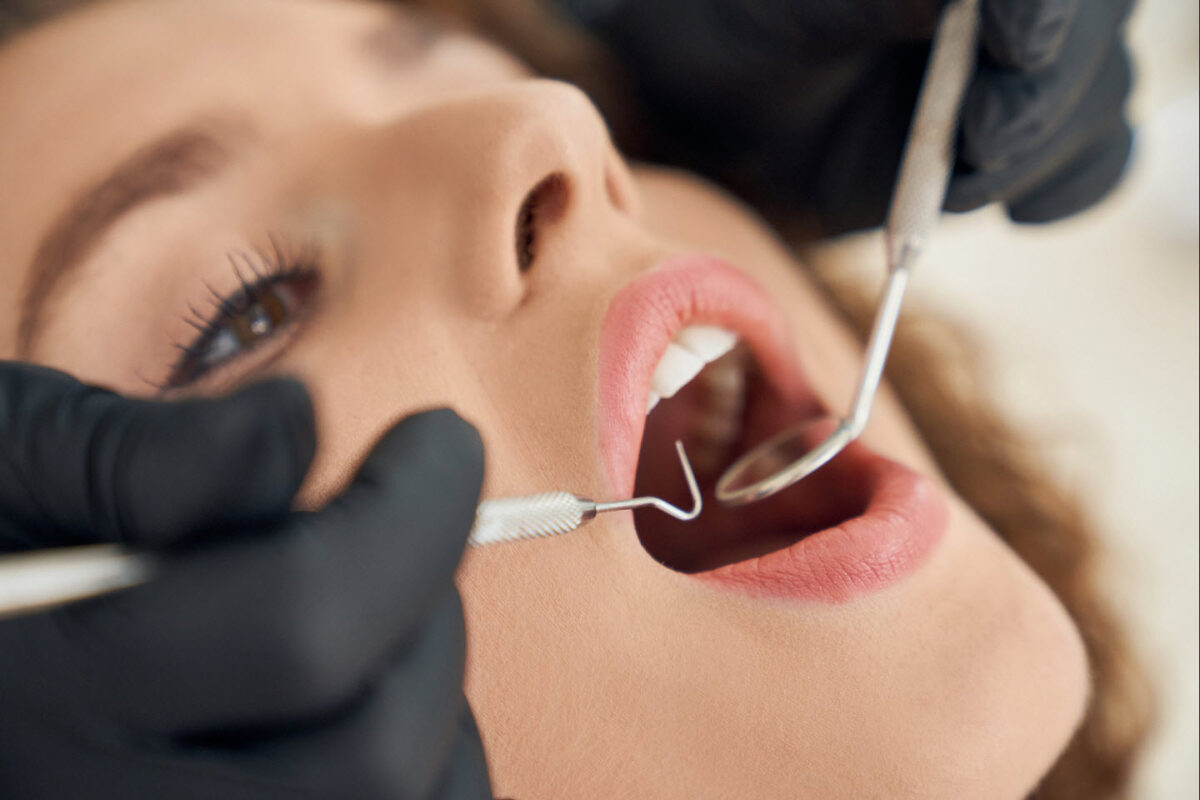
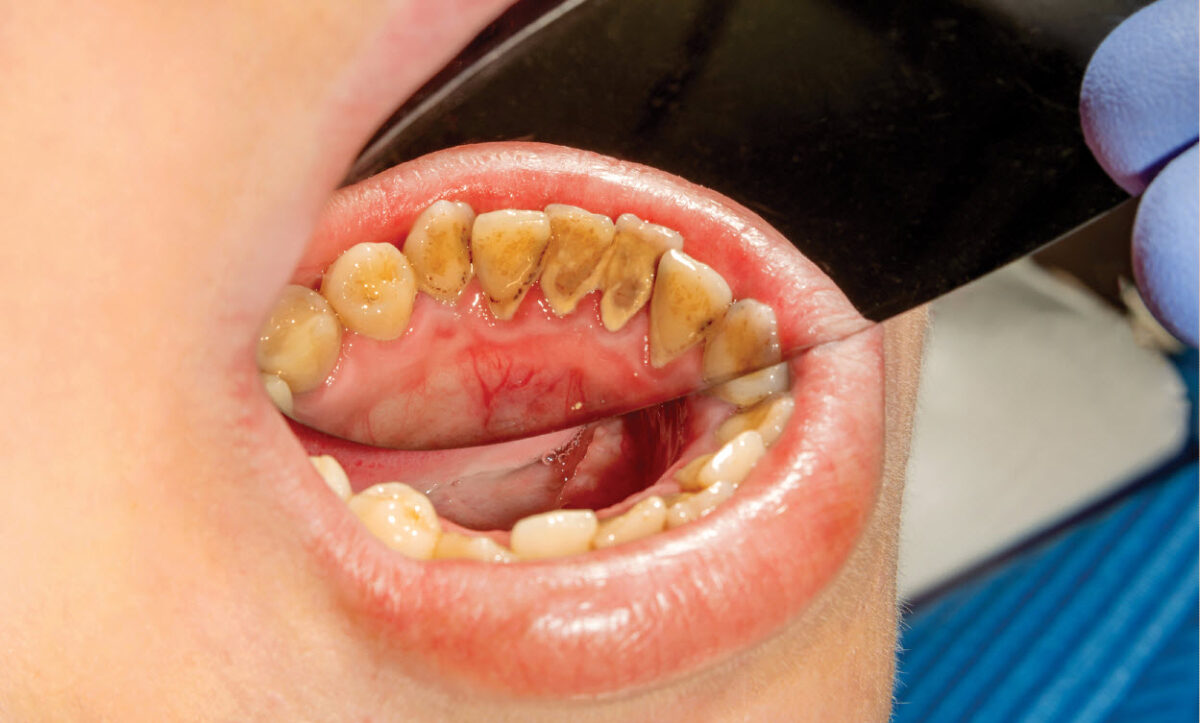

Dental Examination, Scale and Clean for Brisbane
Many people delay their visit to the dentist. However, going to the dentist isn’t just important for your oral health; it’s important for your overall health as well. Other conditions such as diabetes, rheumatoid arthritis, and lupus can appear in the mouth first.
It’s essential to not skip out on your routine dental visits to help prevent or catch serious health problems before they get out of hand.
Even if there is no serious health problem present, it is essential to be proactive and follow through with routine dental visits to avoid experiencing any unnecessary problems with your oral health.
A dentist can identify early signs of oral problems and stop them in their tracks with the right course of action and regular dental checkups. Even with excellent dental hygiene, all individuals need to visit a dentist for vital health.
Here are three types of dental exams that a dentist may perform:
- A Comprehensive Exam: This exam focuses on the overall health of your teeth, gums, and jaw. This will also include an oral cancer screening, a discussion of previous dental work, and a dental X-ray. A comprehensive evaluation and recording of the current status of the dentition, mouth and associated structures performed on a patient. This applies to new patients; established patients who have had a significant change in health conditions or established patients who have been absent from active treatment for two or more years. This may require the interpretation of information acquired through additional diagnostic procedures reported and itemised separately. This evaluation includes recording an appropriate oral and medical history and any other relevant information. A comprehensive checkup includes: Comprehensive Dental Exam, Check for decay, Examination of fillings, crowns, dental veneers, Gum Disease Screening, Bite Analysis, TMJ Exam, Advice on teeth cleaning and your oral health habits.
A treatment plan (if required)
- Periodic Exam: This is a regular six-month cleaning where the dentist will examine your teeth and gum tissue. The dentist may also screen you for oral cancer and review any X-rays you’ve taken. According to the Australian Dental Association, it is an evaluation of the dentition, mouth and associated structures performed on a patient of record to determine any changes in the patient’s oral and medical health status since a previous comprehensive or periodic examination. This may require the interpretation of information acquired through additional diagnostic procedures reported and itemised separately.
- A Limited Exam: This dental exam is designed to focus on a particular oral problem you may be having, e.g. when visiting an emergency dentist. A limited evaluation of the dentition, mouth and associated structures performed on a patient. This may be for a specific oral health problem or complaint. This may require the interpretation of information acquired through additional diagnostic procedures reported and itemised separately. This evaluation includes recording an appropriate oral and medical history and any other relevant information.
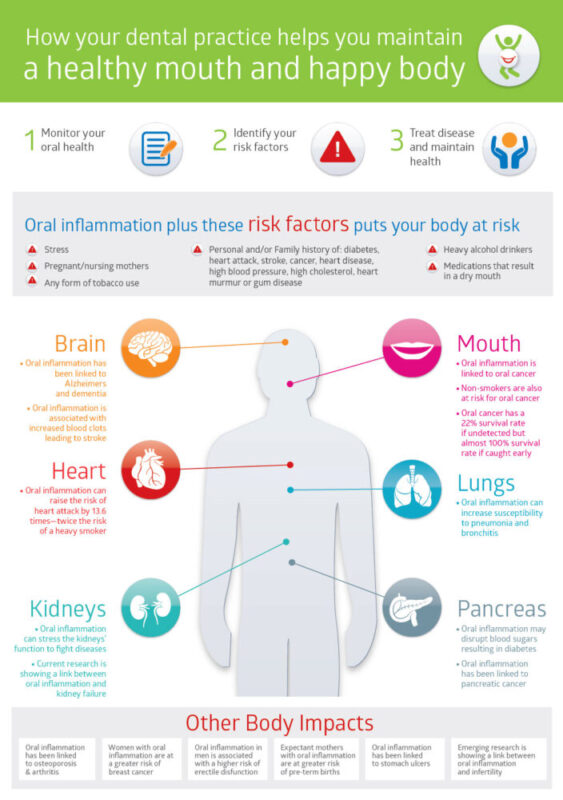
Use of Radiographs and Dental Xrays in a Dental Examination
Radiographs, also known as dental x-rays, are images of your teeth that your dentist uses to evaluate your oral health. X-rays are used with low radiation levels to capture images of the interior of your teeth and gums. This allows your dentist to identify hidden problems like cavities and decay.
Here are four (4) types of x-rays that your dentist may use:
- Bitewing: This is used to check for cavities between the teeth.
- Occlusal: This is used to check anatomical abnormalities present on the floor or palate of the mouth.
- Panoramic: This x-ray includes an examination of the lower and upper jaws, along with the surrounding tissues and structures.
- Periapical: This enables the dentist to see two complete teeth from root to crown.
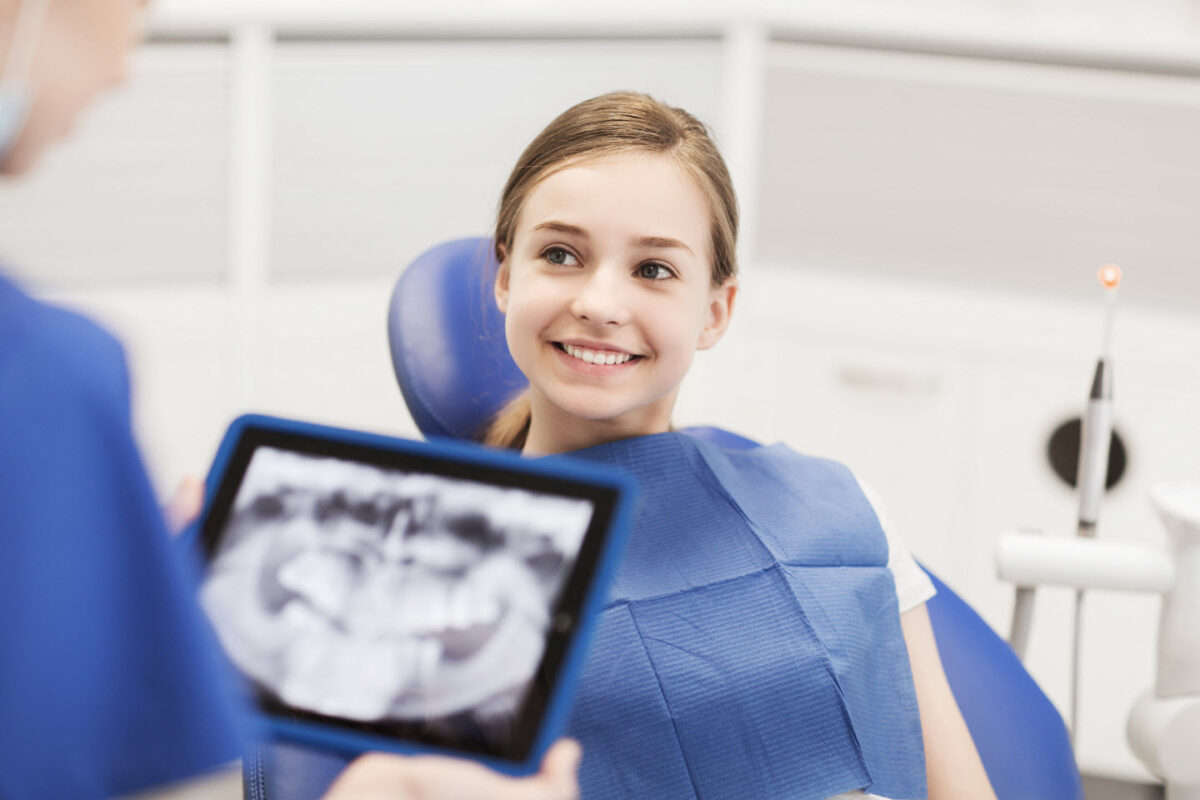
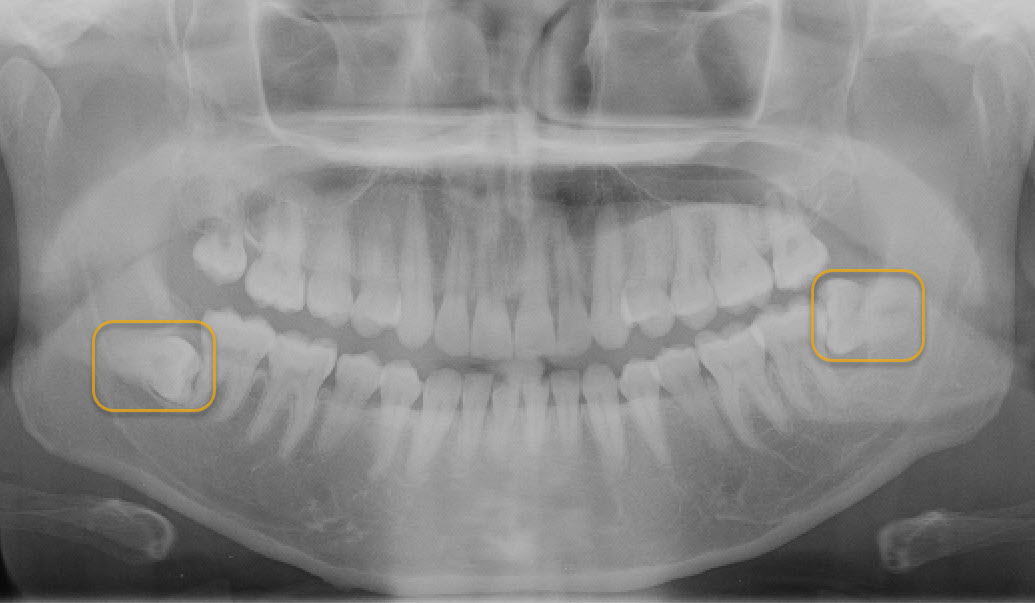

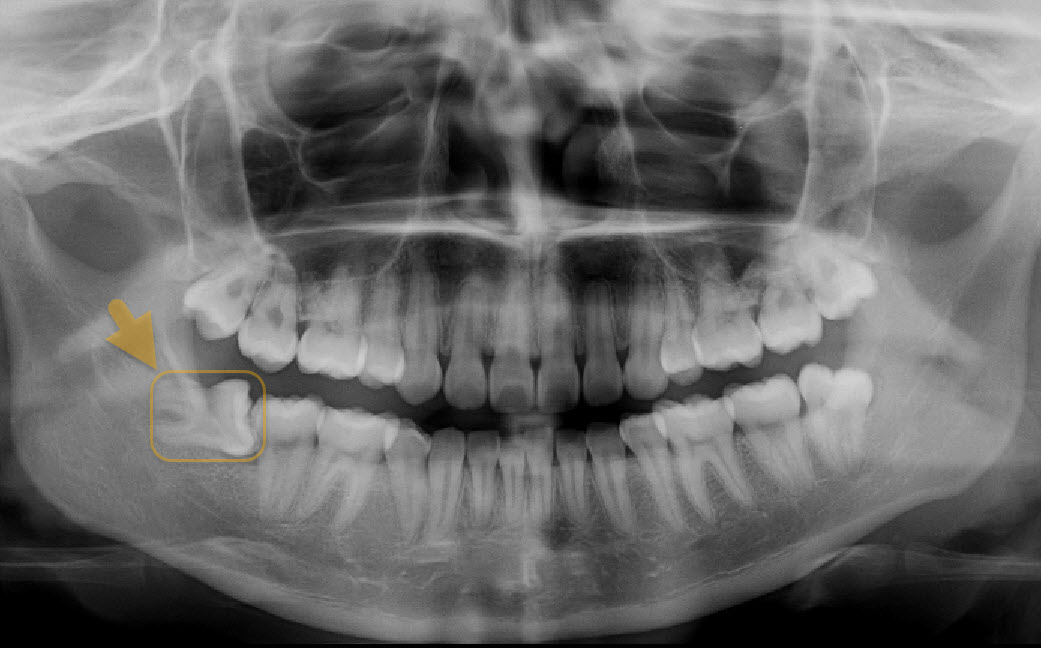
Six (6) Signs you Need a Dental Exam
Aside from your routine dental exams, there are times when going to see a dentist before your next appointment is necessary.
Bleeding After You Brush or Floss
In some cases, bleeding after you brush your teeth can be a result of brushing too hard. However, blood in your sink after you brush isn’t normal and should be examined by a dentist. Bleeding could indicate that you are developing gum disease, and this should be treated immediately to prevent further issues.
Gum disease, also known as periodontal disease, is an infection in the tissue that holds your teeth in place. If you do not treat gum disease, you risk experiencing bone loss around the teeth, eventually leading to tooth loss.
You Have Receding Gums
Another issue that some individuals experience is receding gums. It’s important to note that a bit of gum recession is expected as you age, but it can also be a sign of gum disease and should be looked at as soon as possible.
Even if your receding gums aren’t caused by gum disease, it’s still a good idea to visit a dentist. This is because this condition can expose the roots of your teeth, which are very delicate areas. When this happens, you increase your risk of decay, infection, tooth pain, and even tooth loss.
Your Mouth is Dry
A dry mouth might seem like a minor problem. However, this is not a sign of a mouth that is healthy. A healthy mouth is well lubricated by saliva. Your saliva is important because it washes away food particles and neutralizes the acids produced by plaque.
If your mouth is constantly dry or has become unexpectedly dry without cause, it’s best to visit a dentist who can diagnose the problem and come up with an effective solution.
Your Teeth are Loose or Shifting
Healthy adult teeth should last you your entire life. If you notice that your teeth are loose or you’re experiencing widening gaps, you should visit a dentist for a checkup.
Loose or shifting teeth is a sign that you have an infection or are experiencing bone loss. Your dentist will decide what the best course of action is for you before problems become more severe.
You Have Bumps or Sores in Your Mouth
Another thing to watch out for is bumps and sores in the mouth. It’s important to note that canker sores, which are small and shallow sores that appear inside the mouth or the base of the gums, are pretty standard. However, these sores will typically clear up in about two weeks or less.
If you have another lesion inside your mouth, this will need to be treated. For instance, a fungal infection, most commonly known as thrush, can show up as white sores on the tongue, inner cheeks, and even the roof of your mouth and tonsils. If you have thrush, you will need medicine to treat it effectively.
Toothache
Many people with toothaches tend to ignore the pain until it goes away. It’s not uncommon for toothaches to come and go. But a toothache should not be overlooked as there are various potential reasons as to why you’re experiencing it.
For instance, a toothache can be caused by a cavity, abscess, broken tooth, grinding your teeth, and more. To help you get relief and get to the root of the problem, going for a dental checkup is your best option.
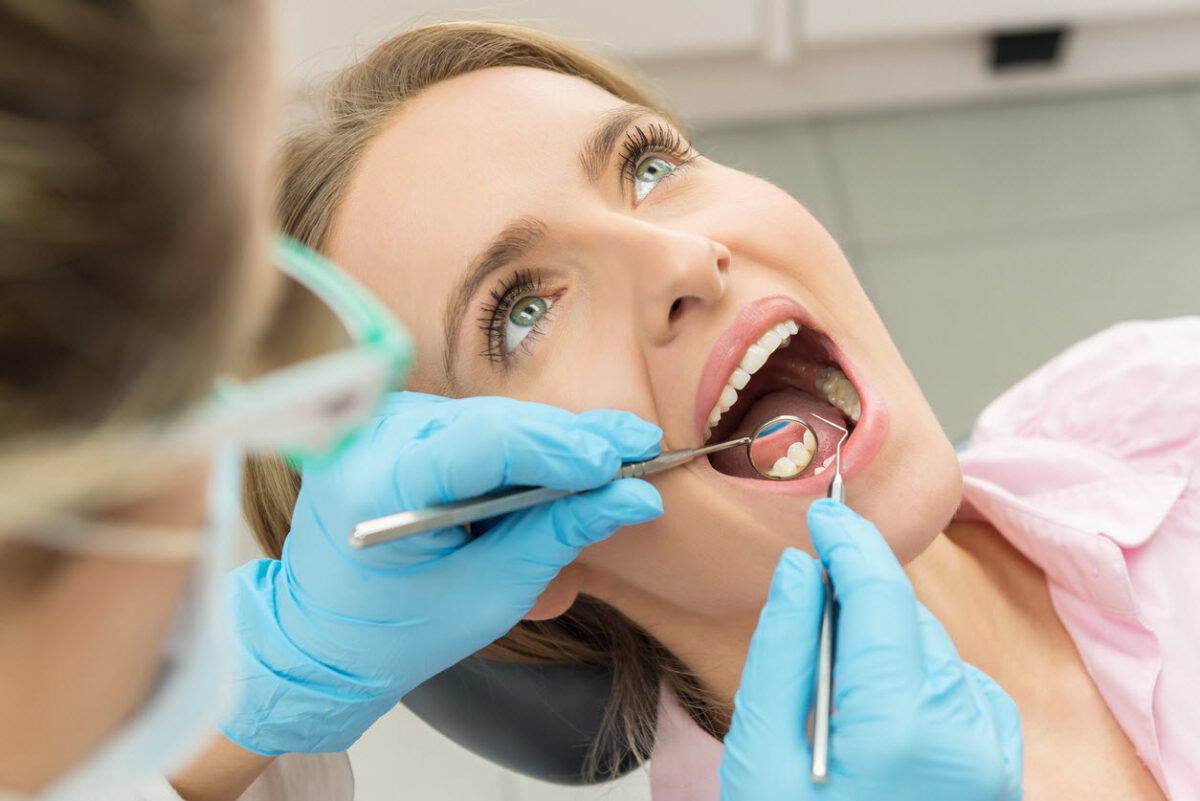
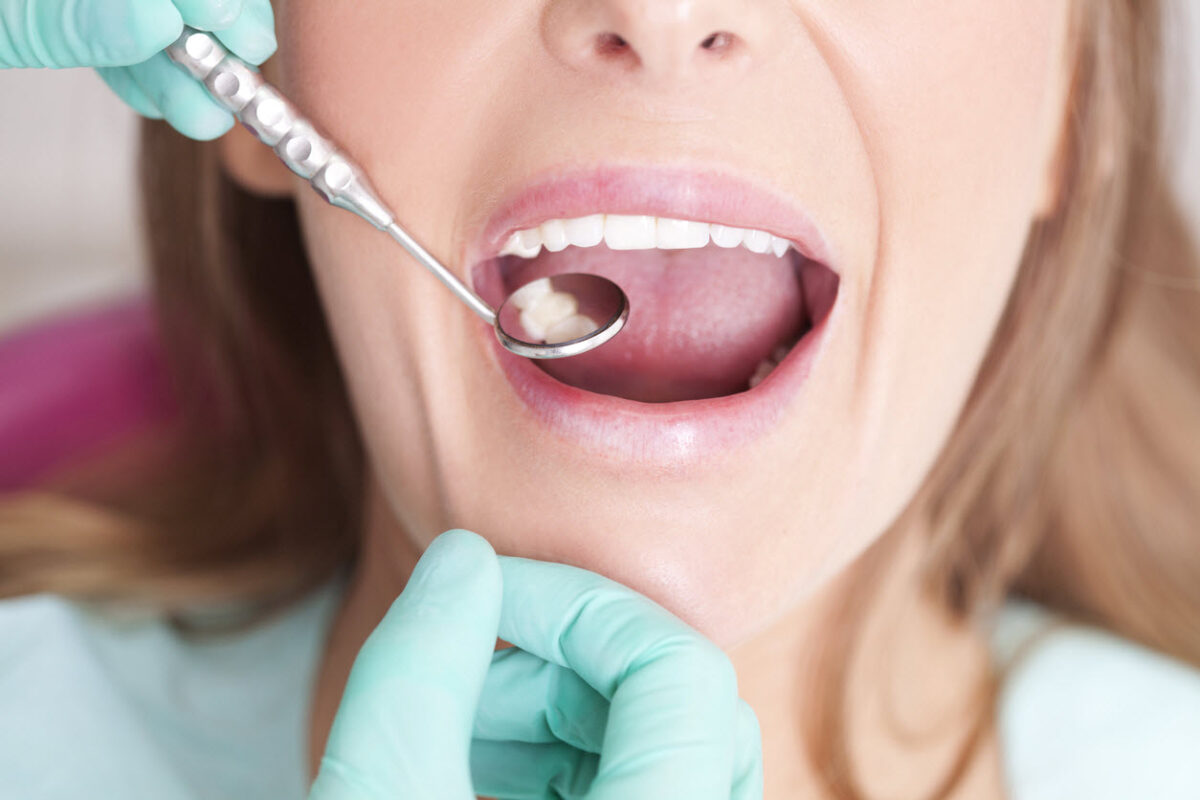
During Dental Checkup and Clean
A dental checkup is designed to keep your teeth and gums healthy, keep your teeth white and clean, and prevent painful problems later on. Here is a breakdown of what you can expect at your checkup:
The first thing that your dentist should do is get an overview of your health history. Next, the dentist will perform a complete examination. This is when your dentist will be looking at your teeth, gums, and mouth to check for any signs of disease or other problems. This is an essential aspect of your dental checkup because it enables your dentist to spot any potential issues and provide a solution to help you maintain a healthy mouth.
Once the examination is complete, it’s time for a thorough cleaning. Your dentist or dental hygienist will perform a comprehensive dental cleaning that consists of a unique tool used to scrape below the gum line and remove built-up plaque and tartar on your teeth. This is also an essential step in the process as this will help prevent gum disease, cavities, bad breath, and other oral problems. The last thing your dentist or hygienist might do before completing the cleaning is to polish or floss your teeth.
It’s important to note that your dentist might require you to get x-rays. This will depend on your age, risks of disease, and any symptoms you may have. X-rays are helpful for dental patients as they can diagnose problems that can’t be diagnosed just by looking at you. Some issues a dental X-ray may find include:
- Damage to the jawbone
- Impacted teeth
- Abscesses
- Tumours
- Cysts
- Decay between the teeth
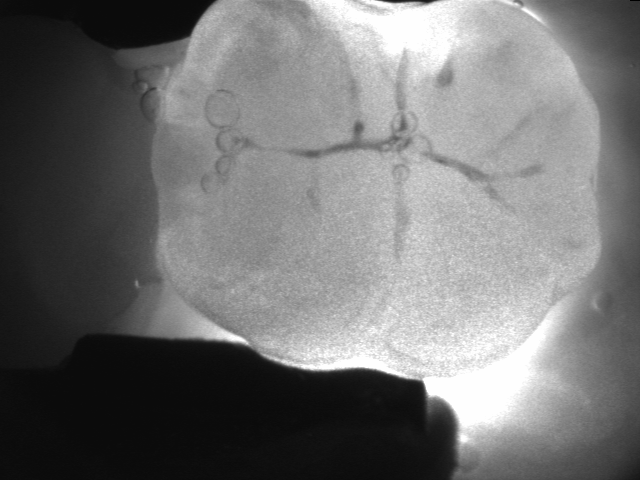
How often should I visit the dentist for check up and clean?
A person with good oral health should visit the dentist twice a year. However, people who are experiencing problems with their oral health may need to come more often.
Get a Dental Checkup in Brisbane
Caring for your teeth and gums is essential for your overall health. A routine dental examination not only means that you’re proactive about your oral health but will give you peace of mind.
A dentist can help find solutions to dental problems you may be experiencing and can even prevent dental issues from occurring. For instance, a dentist can spot gum disease and dental decay during a routine checkup.
Here at Pure Dentistry, we are committed to providing our patients with a happier and healthier smile. We offer various solutions to our patients, such as teeth whitening, dental implants and dental crowns, dental fillings, digital X-rays, dental braces and invisalign. If you’re ready for your dental exam, book online today, and we’ll be happy to assist you with the smile you deserve.




































